Winter and Heart Health: Essential Tips for a Healthy Season :
Why Liver Health Matters: Essential Lifestyle Habits and When to See a Doctor :


Winter can be a beautiful season, but it also brings specific challenges for heart health. Cold temperatures can constrict blood vessels, increasing blood pressure and putting extra strain on the heart. It’s crucial to prioritize heart health during these months.
Stay active by incorporating indoor exercises like yoga or resistance training, which can help maintain cardiovascular fitness. Dress warmly in layers to protect against the cold and avoid sudden exposure to freezing air.
Nutrition plays a vital role in heart health. Include heart-healthy foods like leafy greens, nuts, and fatty fish in your winter diet. Remember to stay hydrated; drinking warm fluids can also help keep you comfortable.
Lastly, be mindful of stress levels, which can rise during the holiday season. Engage in relaxation techniques and make time for activities that bring you joy. By following these tips, you can support your heart health all winter long.
Your liver is vital for processing nutrients, detoxifying harmful substances, and producing essential proteins. Poor liver health can lead to serious conditions like fatty liver disease, hepatitis, and cirrhosis. To protect your liver, adopt essential lifestyle habits:
1. Balanced Diet: Focus on a diet rich in fruits, vegetables, whole grains, and lean proteins. Avoid processed foods high in sugar and unhealthy fats.
2. Regular Exercise: Aim for at least 150 minutes of moderate exercise weekly to maintain a healthy weight and reduce liver fat.
3. Limit Alcohol: Excessive alcohol consumption can damage liver cells. Drink in moderation or avoid alcohol altogether.
4. Hydration: Stay hydrated to support liver function and detoxification.
5. Routine Check-ups: Regular visits to your healthcare provider are crucial. If you experience symptoms like jaundice, fatigue, or abdominal pain, seek medical attention promptly.
Taking these steps ensures your liver remains healthy, safeguarding your overall well-being.
*Understanding Fem-Pop Bypass Grafting Surgery*
*The Role of Age in Cardiac Health and the Benefits of Regular Cardiologist Visits*
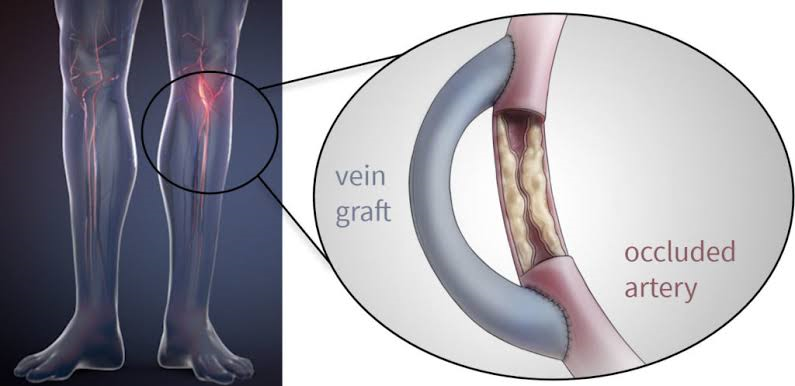

Femoral-popliteal (fem-pop) bypass grafting is a surgical procedure to treat peripheral artery disease (PAD), a condition where leg arteries become narrowed or blocked due to plaque buildup. The surgery involves creating an alternate route for blood flow around the blocked section using a graft, which can be a vein from the patient or a synthetic material.
*Why It Should Be Done*
Fem-pop bypass grafting is performed when PAD symptoms are severe and other treatments like lifestyle changes and medications are ineffective. It is crucial for patients experiencing intense pain at rest, non-healing ulcers, or those at risk of limb loss due to inadequate blood flow. This procedure restores blood flow, alleviates pain, heals sores, and prevents serious complications like gangrene.
*Who Performs the Surgery*
The surgery is carried out by a vascular surgeon, a specialist trained in diagnosing and treating vascular conditions. These surgeons have the expertise to manage complex cases of PAD and ensure the best possible outcomes for their patients.
*Myths and Facts*
Myth 1: Fem-pop bypass surgery is highly risky.
Fact: With modern surgical techniques and careful patient selection, the risks are minimized. Success rates are high, and complications are relatively rare.
Myth 2: Recovery from fem-pop bypass is lengthy and difficult.
Fact: While recovery varies, many patients resume normal activities within weeks. Proper postoperative care, including wound care and lifestyle changes, is essential for recovery.
Myth 3: Fem-pop bypass is a permanent cure.
Fact: The surgery provides significant relief but is not a cure for PAD. Managing risk factors like smoking and diabetes is crucial to prevent recurrence.
In summary, fem-pop bypass grafting is a vital procedure for severe PAD, offering improved blood flow, pain relief, and enhanced quality of life. Knowing the facts helps patients make informed decisions about their treatment.
Cardiac health is a crucial aspect of overall well-being, and age plays a significant role in determining the risk factors and prevalence of heart-related issues. As we age, the risk of cardiovascular diseases such as hypertension, coronary artery disease, and heart failure increases. This is due to a combination of factors including the natural aging process, lifestyle habits, and genetic predisposition.
Regular visits to a cardiologist become increasingly important with advancing age for several reasons. Firstly, early detection of potential issues is vital. Cardiologists can identify risk factors such as high blood pressure, high cholesterol, and early signs of heart disease before they develop into more severe problems. By monitoring these parameters, a cardiologist can provide personalized advice and treatment plans to manage and mitigate risks.
Secondly, a cardiologist can help manage chronic conditions that become more common with age. Conditions like atrial fibrillation, heart failure, and ischemic heart disease require ongoing management and adjustment of treatment strategies. Regular consultations ensure that treatment remains effective and up-to-date with the latest medical guidelines and innovations.
The benefits of seeing a cardiologist regularly extend beyond just monitoring and managing conditions. Regular visits foster a proactive approach to heart health, encouraging patients to adopt healthier lifestyles. This includes dietary recommendations, exercise regimens, and smoking cessation programs tailored to individual needs. Moreover, a cardiologist can provide valuable education about symptoms to watch for and when to seek immediate medical attention, potentially saving lives by preventing heart attacks or strokes.
In conclusion, age significantly influences cardiac health, making regular cardiologist visits a vital component of preventive healthcare for older adults. These visits ensure early detection and effective management of heart conditions, ultimately contributing to longer, healthier lives.
Dispelling Myths and Highlighting the Importance of Heart Valve Replacement Surgery
Heart health – Alcohol n smoking impacts??


In the realm of cardiac care, heart valve replacement surgery stands as a crucial intervention, yet it often faces misconceptions. Let’s debunk some myths and underscore its significance.
Myth: Surgery is the last resort.
Reality: Early intervention can prevent irreversible damage, improving quality of life and longevity.
Myth: It’s only for the elderly.
Reality: Valve issues affect all ages, from congenital anomalies to acquired conditions.
Myth: Recovery is daunting.
Reality: Advances in technology and techniques lead to shorter hospital stays and faster recuperation.
Heart valve replacement surgery isn’t just about extending life; it’s about restoring vitality and vitality. As medical professionals, let’s ensure accurate information reaches those who need it, empowering patients to make informed decisions for their cardiac health. Let’s debunk myths and promote awareness together.
Alcohol and smoking significantly impact heart health. Regular alcohol consumption can lead to high blood pressure, irregular heartbeat, and weakened heart muscles, increasing the risk of heart disease and stroke. Likewise, smoking damages blood vessels, reduces oxygen flow to the heart, and raises blood pressure, accelerating the development of atherosclerosis and increasing the likelihood of heart attacks. Both alcohol and smoking contribute to the formation of fatty deposits in the arteries, narrowing them and hindering proper blood circulation. To maintain a healthy heart, it’s crucial to moderate alcohol intake and avoid smoking altogether. Making lifestyle changes such as exercising regularly, eating a balanced diet, and managing stress can also support heart health and reduce the risks associated with alcohol and smoking.
Echocardiography
Nurturing Your Heart: Post-Angioplasty Self-Care Guide
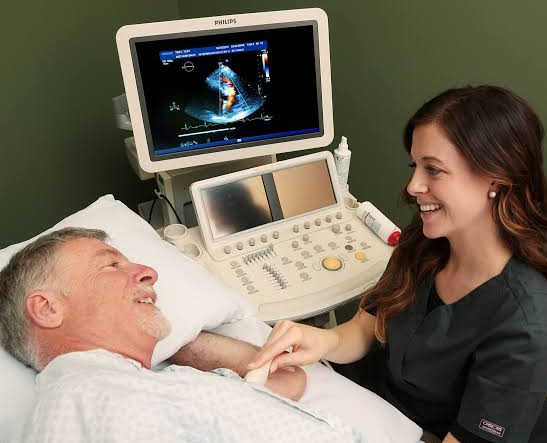

Your doctor might request an echocardiography test for various reasons, primarily to assess the structure and function of your heart. This non-invasive procedure uses sound waves to create real-time images of your heart, allowing your doctor to evaluate its size, shape, and how well it pumps blood. Echocardiograms can diagnose conditions such as heart valve disorders, heart muscle diseases, and congenital heart defects. Additionally, they help monitor the effectiveness of treatments and track any changes in your heart’s condition over time. By providing detailed information about your heart’s health, echocardiography plays a crucial role in diagnosing and managing cardiovascular issues, ultimately helping your doctor make informed decisions about your care
After undergoing angioplasty, caring for yourself is paramount for a successful recovery and long-term heart health. Start by adhering to your prescribed medication regimen diligently, including blood thinners and antiplatelet drugs. Embrace a heart-healthy diet rich in fruits, vegetables, whole grains, and lean proteins while limiting salt, sugar, and unhealthy fats.
Regular physical activity is vital, but consult your healthcare provider for a tailored exercise plan. Additionally, quitting smoking and maintaining a healthy weight are essential steps toward optimal heart health.
Manage stress through relaxation techniques like meditation, deep breathing, or pursuing hobbies you enjoy. Attend all scheduled follow-up appointments to monitor your progress and address any concerns promptly.
Keep a vigilant eye on your symptoms and contact your healthcare provider immediately if you experience chest pain, shortness of breath, or other concerning signs.
By prioritizing self-care post-angioplasty, you empower yourself to nurture your heart and pave the way for a vibrant, healthy future. Remember, your health is in your hands, so embrace these habits to thrive after angioplasty.
Changing weather & Viral
Taking care of your Heart during change of weather


“Exploring the Intersection of Viral Phenomena and Weather Trends: In today’s interconnected world, viral content and changing weather patterns often dominate online discourse. This blog delves into the intriguing relationship between these two seemingly disparate topics. From viral weather-related memes to the impact of extreme weather events on social media, we uncover how online trends mirror atmospheric shifts. Whether it’s a viral video capturing a sudden hailstorm or memes circulating during a heatwave, our analysis unveils the interconnectedness of digital culture and meteorological phenomena. Join us as we navigate the dynamic landscape where viral content and changing weather converge, offering insights into how online discourse shapes and reflects our perception of environmental changes.”
As the weather fluctuates, it’s crucial to prioritize heart health. Sudden temperature shifts can strain the cardiovascular system, leading to in increased risk of heart-related issues. To safeguard your heart during changing weather, stay hydrated, as dehydration can elevate blood pressure and strain the heart. Maintain a balanced diet rich in fruits, vegetables, lean proteins, and whole grains to support overall heart health. Engage in regular physical activity tailored to the weather conditions, whether it’s indoor exercises during extreme heat or outdoor walks in milder weather. Be mindful of seasonal allergies, as they can exacerbate existing heart conditions. Prioritize stress management techniques like meditation, deep breathing, or yoga to alleviate the strain on your heart. Lastly, keep in touch with your healthcare provider for regular check-ups and advice on managing any weather-related concerns regarding your heart health. Taking proactive steps ensures your heart stays resilient amidst changing weather patterns.
Debunking Heart Attack Myths: Unveiling the Facts for a Healthier Heart
When to get checked for Heart Problem??

Heart attacks, a leading cause of global mortality, are surrounded by misconceptions that can impact prevention and response.
*Myth: Only Older Adults Suffer Heart Attacks*
Fact: Heart attacks can affect anyone, irrespective of age. Younger individuals with risk factors like obesity or smoking may also be susceptible.
*Myth: Chest Pain is the Only Symptom*
Fact: While chest pain is common, heart attack symptoms vary. Shortness of breath, fatigue, nausea, and even jaw or back pain can signal an impending attack.
*Myth: Heart Attacks Only Happen to Men*
Fact: Women are equally at risk. However, symptoms in women may differ, often presenting with subtler signs.
*Myth: If You Can Walk, It’s Not a Heart Attack*
Fact: Some heart attacks are mild, but any suspicion should prompt immediate medical attention.
Understanding these myths empowers individuals to recognize the diverse manifestations of heart attacks, fostering a proactive approach to heart health.

Regular check-ups are crucial for maintaining heart health. However, specific signs should prompt an immediate visit to your doctor. Persistent chest pain, shortness of breath, and unexplained fatigue are red flags that warrant urgent attention. Additionally, sudden dizziness, palpitations, or discomfort radiating to the arms, neck, or jaw should not be ignored. If you have a history of heart disease or risk factors such as diabetes or high blood pressure, proactive consultations are advisable. Don’t wait for symptoms to worsen; early detection enhances treatment outcomes. Routine check-ups aside, any unusual or alarming signs merit a prompt consultation, ensuring timely intervention for a healthier heart. Remember, prioritizing cardiovascular health is a proactive step towards a longer, more vibrant life.
Diabetes In Young Adults

The prevalence of diabetes in young adults is on the rise, signaling a concerning health trend. Lifestyle factors, including poor dietary choices and sedentary habits, contribute to this surge. Young adults often underestimate the long-term consequences of unhealthy living, putting them at risk for type 2 diabetes. The impact extends beyond physical health, affecting mental well-being as managing a chronic condition becomes a daily reality. Early onset diabetes increases the risk of complications in later life, emphasizing the importance of proactive measures. It’s crucial for young adults to prioritize regular exercise, maintain a balanced diet, and undergo routine health check-ups to detect and manage diabetes early. By fostering a culture of health awareness, we can empower the younger generation to take control of their well-being and curb the escalating incidence of diabetes in this demographic.
Heart Diseases In Females
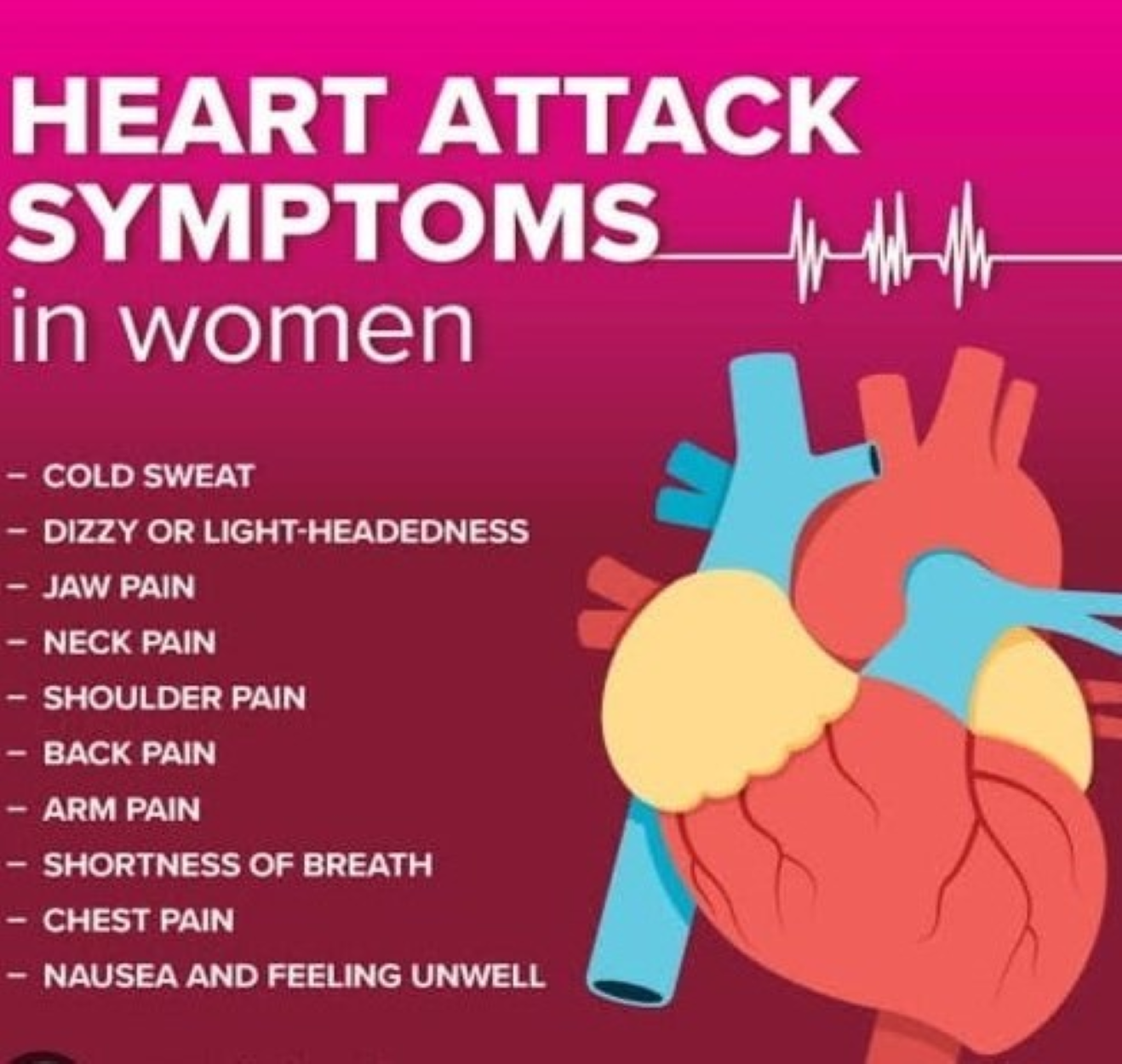
Heart diseases in females often present unique challenges that require heightened awareness. Traditionally considered a male-dominated health concern, cardiovascular issues are increasingly affecting women. Symptoms can be subtler in females, with atypical signs such as fatigue, nausea, or shortness of breath. Societal factors like stress, hormonal changes, and pregnancy contribute to women’s heart health. Misdiagnosis is common, underscoring the need for gender-specific research and awareness. Female-specific risk factors, like polycystic ovary syndrome and gestational diabetes, demand attention. Encouraging regular heart check-ups, maintaining a heart-healthy lifestyle, and dispelling misconceptions are crucial. Empowering women with knowledge about their unique cardiovascular risks ensures early intervention and better outcomes. The evolving landscape of heart diseases warrants a holistic approach, recognizing and addressing the distinct challenges females face in preserving cardiac health.
Who need a Heart Surgery ?
Do young adults may also undergo Heart Surgery?

Coronary Artery Bypass Grafting (CABG) remains a crucial intervention for individuals with severe coronary artery disease. When arteries supplying the heart become blocked or narrowed, restricting blood flow, CABG becomes necessary. This surgical procedure involves rerouting blood around the blocked vessels, restoring adequate circulation to the heart muscle. CABG is particularly essential when other treatments, such as medications or angioplasty, prove insufficient. It addresses complex coronary issues, reducing symptoms and improving overall heart function. The procedure is often recommended for those with multiple blockages or when the left main coronary artery is involved. While advancements in medical treatments continue, CABG remains a vital and effective option for restoring heart health, providing individuals with a renewed chance at a life unhindered by the constraints of severe coronary artery disease.
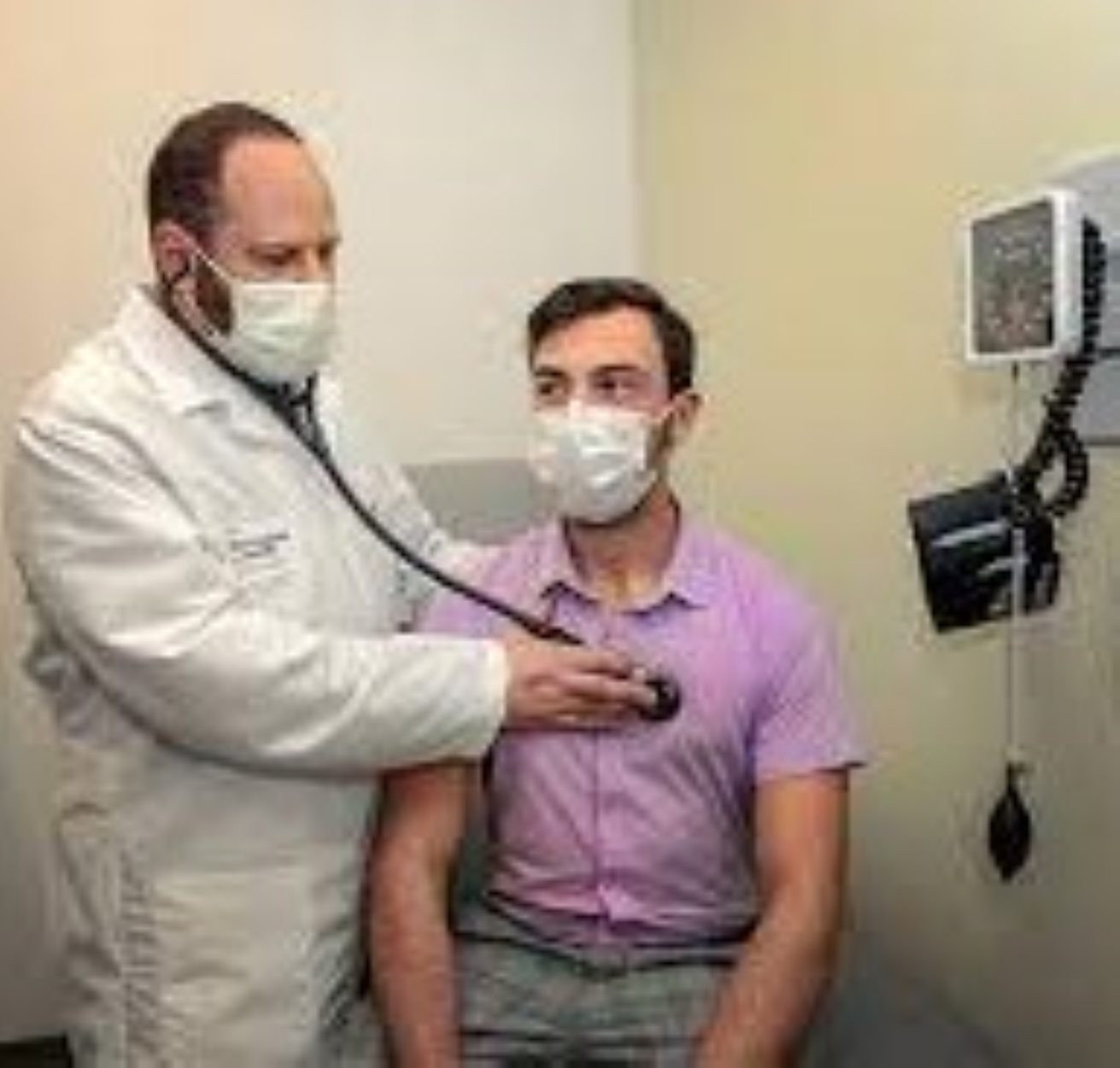
Yes, young adults can undergo hewart surgery, challenging the misconception that heart issues only affect the elderly. Congenital heart defects, valve abnormalities, and genetic conditions can necessitate surgical intervention in the younger demographic. Lifestyle factors, like poor diet and lack of exercise, also contribute to heart problems in young adults. Advances in medical technology and surgical techniques enable precise interventions with reduced risks. Prompt diagnosis and intervention are crucial, ensuring a better quality of life for young individuals facing cardiac issues. While heart surgery in young adults may be less common than in older populations, it is a viable and sometimes necessary option. Encouraging heart-healthy habits from an early age is key to preventing the need for surgery and promoting overall cardiovascular well-being in young adults.
Impact of Diabetes Mellitus on Cardiac Health
Congenital Heart Surgery
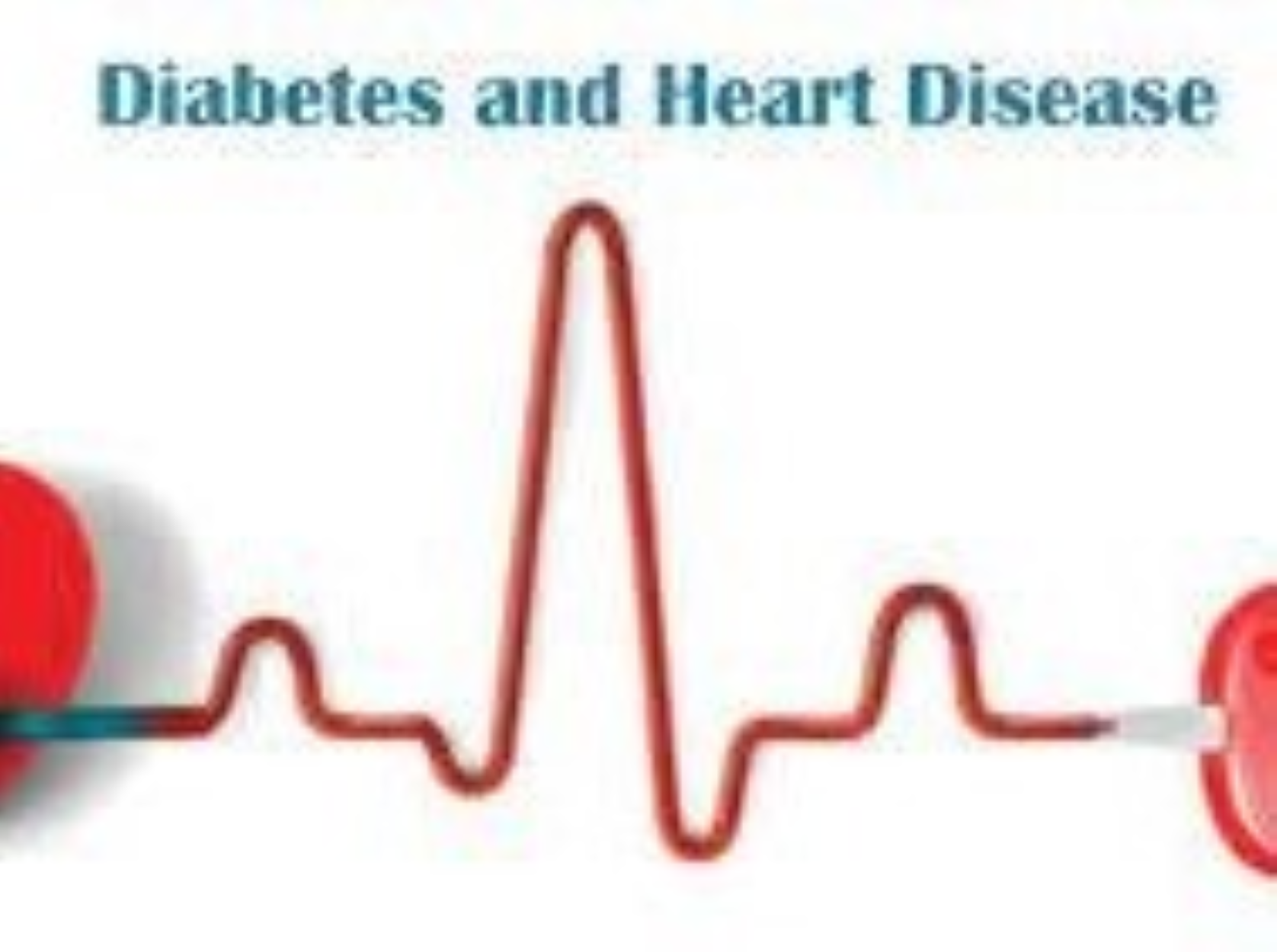
Diabetes Mellitus significantly impacts cardiac health, creating a complex interplay between elevated blood sugar levels and cardiovascular function. Prolonged exposure to high glucose levels in diabetes can lead to atherosclerosis, narrowing blood vessels and increasing the risk of coronary artery disease. Additionally, diabetes contributes to inflammation and oxidative stress, accelerating the progression of cardiovascular complications. The condition also heightens the likelihood of hypertension and dyslipidemia, further burdening the heart. Diabetic individuals face an elevated risk of heart attacks and heart failure. Effective management of diabetes through lifestyle modifications, medication, and regular monitoring is crucial to mitigate these cardiovascular risks. Prioritizing heart health in diabetes care is paramount, emphasizing the need for a holistic approach to diabetes management that addresses both glycemic control and cardiovascular well-being.
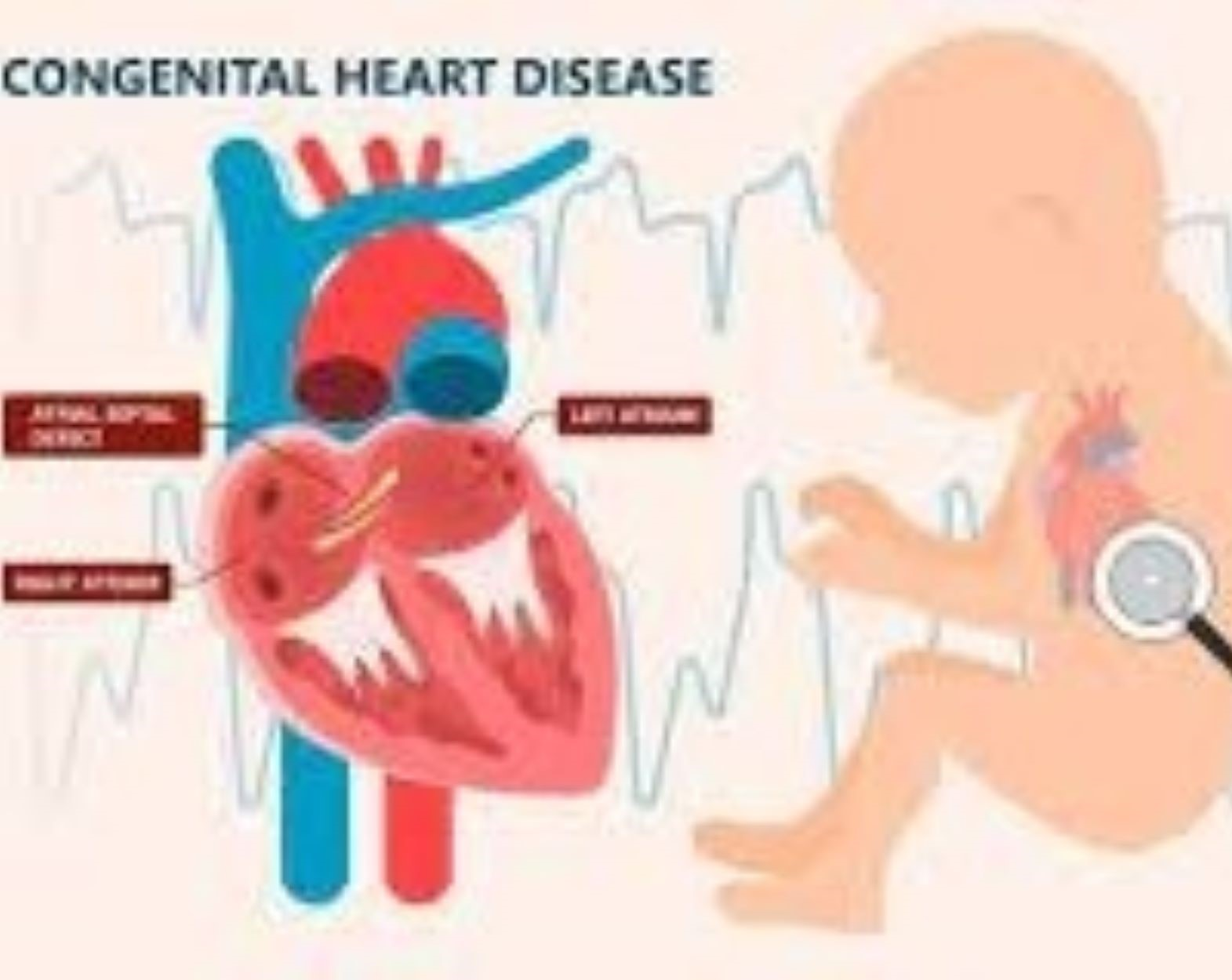
Congenital heart surgery is a lifeline for individuals born with structural heart abnormalities. These intricate procedures address defects present at birth, ranging from septal defects to complex anomalies. Surgeons skillfully navigate delicate cardiac structures to restore normal heart function. Advances in technology and surgical techniques have significantly improved outcomes, enabling early interventions and enhancing the quality of life for those with congenital heart conditions. However, challenges persist, emphasizing the importance of specialized care and ongoing research. The resilience of both patients and medical professionals in the realm of congenital heart surgery continues to inspire hope, emphasizing the transformative impact of surgical innovation on the lives of those affected by congenital heart disorders.
Choosing between PTCA & Heart Surgery
Self care during Rainy Reason
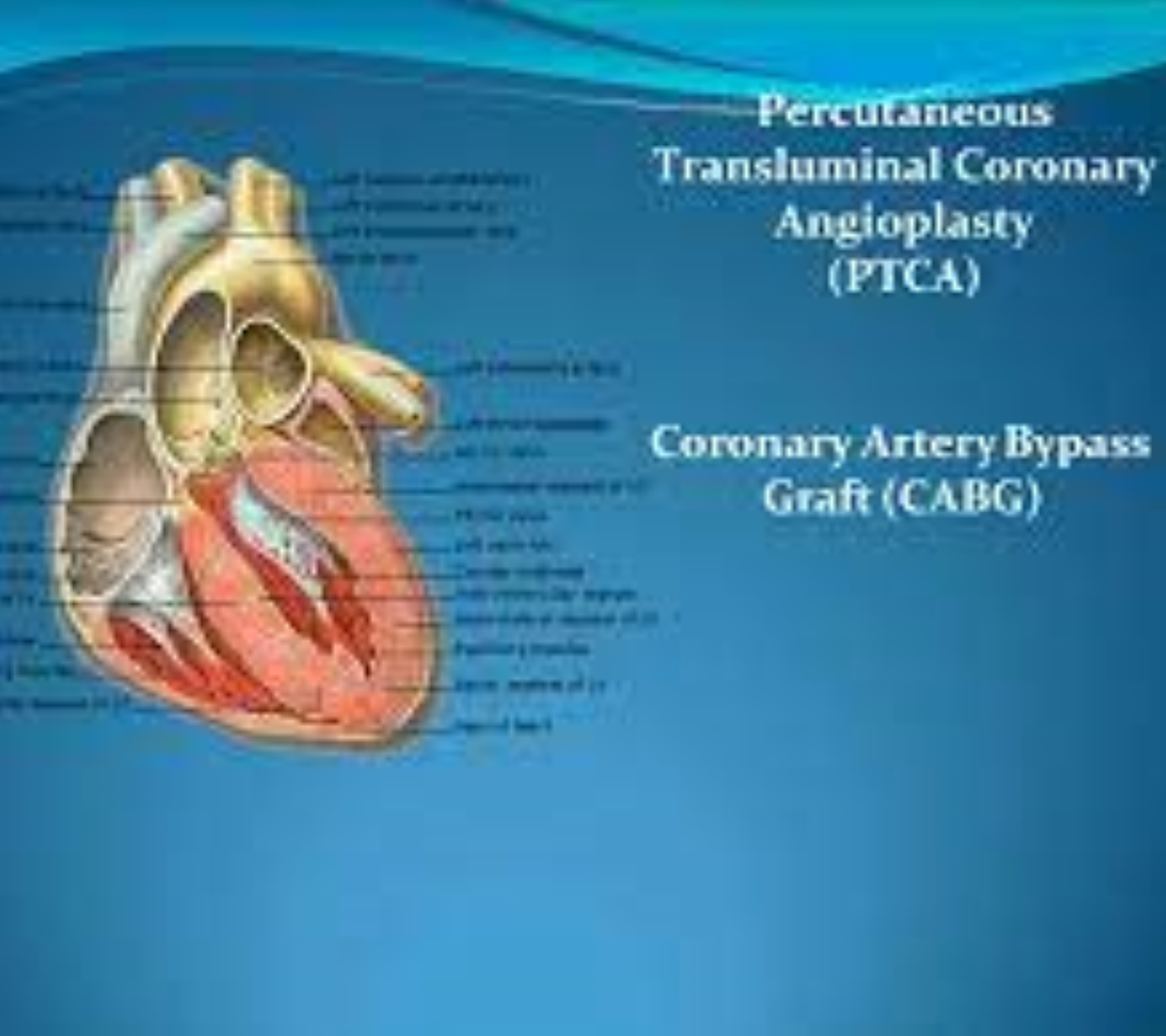
Percutaneous Transluminal Coronary Angioplasty (PTCA) and Coronary Artery Bypass Grafting (CABG) are pivotal interventions for coronary artery disease, each with its unique advantages. PTCA, commonly known as angioplasty, involves inflating a balloon within a narrowed artery to improve blood flow. It’s a less invasive option, often preferred for single-vessel disease, with quicker recovery times.
On the other hand, CABG entails grafting blood vessels from elsewhere in the body to bypass obstructed coronary arteries. This method is effective for complex, multi-vessel disease but involves a more extensive surgical procedure and recovery period.
Choosing between PTCA and CABG depends on factors like the extent of coronary involvement and overall health. Advances in both techniques continually refine their efficacy. A collaborative decision between patients and healthcare providers ensures personalized and optimal treatment, highlighting the dynamic landscape of cardiovascular interventions.

The rainy season brings relief from the scorching heat, but it also ushers in a host of health concerns, including an increased risk of viral infections. Rainwater creates ideal breeding grounds for mosquitoes, leading to a spike in diseases like dengue and malaria. Moreover, the humidity during this season can weaken the immune system, making individuals more susceptible to viral infections like the flu and common cold. To stay healthy during the rainy season, it’s crucial to maintain good hygiene, avoid stagnant water, and boost immunity through a balanced diet. Additionally, practicing respiratory hygiene and seeking prompt medical attention for symptoms can help mitigate the risk of falling prey to seasonal viruses. Embracing the beauty of the rain while prioritizing health is essential for a safe and enjoyable monsoon season.
Care at Home post Heart Surgery
Impact of Unhealthy Lifestyle on our Health

Caring for a loved one at home after heart surgery requires patience and attention to detail. Create a comfortable and safe environment by removing trip hazards and ensuring easy access to necessities. Strictly adhere to medication schedules, monitoring for any adverse reactions. Encourage light exercise as approved by the medical team to aid recovery. Maintain a heart-healthy diet, focusing on low-sodium and nutrient-rich foods. Regularly check blood pressure and keep communication open with healthcare providers. Emotional support is crucial; listen actively and provide reassurance. Be vigilant for any signs of complications and seek medical assistance promptly if needed. With a thoughtful and dedicated approach, home care significantly contributes to a successful post-surgery recovery.


